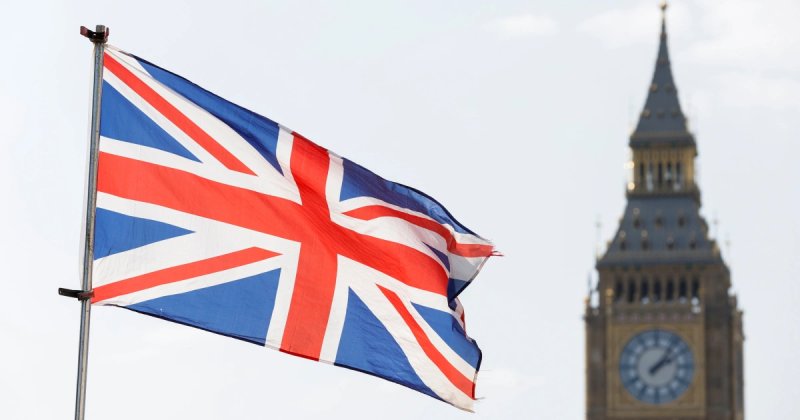Graduates from African universities have been barred from applying for the United Kingdom’s High Potential Individual (HPI) visa aimed at attracting highly-skilled graduates from non-UK universities to work in various fields, including science, technology and entrepreneurship in the country.
No African university meets this requirement nor has lists for previous years.
According to the scheme, graduates with a bachelor’s or master’s degree from the top 50 universities abroad can apply for a two-year work visa and will be allowed to bring family members with them. Those who receive doctorates can apply for a three-year visa.
But not all bachelor’s, master’s and PhD degree holders will qualify for the work opportunity.
According to the UK Home Office, prospective applicants are expected to have bagged their degrees, during the past five years before applying, from the list of top 50 universities featured in at least two of the following three ranking systems: Times Higher Education, Quacquarelli Symonds and the Academic Ranking of World Universities.
About 40 institutions from the US, France, China, Hong Kong, Australia, Germany, Canada and Japan were featured on the list.
Notably, no African university meets this requirement nor has lists for previous years. This has sparked questions over the exclusionary slant to the visa policy on the one hand and, on the other hand, the quality of education offered by universities in Africa.
With more than 25,000 universities globally, the top 50 ranking represents a paltry 0.2%, the Fulbright scholar observed, saying the US and UK universities would make up the bulk of the percentage, while most African, Asian and South American universities would not feature in the list.
The new regulation was quickly criticised on social media for excluding universities from countries in the Global South, with users condemning the policy as “elitist”, “racist” and “lazy”.
“To exclude an entire continent brimming over with the enormous creative and intellectual energies of its youth on the basis of its absence from arbitrary, culturally biased, abuse-prone university rankings are short-sighted…. Several unranked African universities have
produced, and continue to produce, some of the brightest minds in the world.” said Professor Farooq Kperogi of the Kennesaw State University, Georgia.
“I believe Britain is unfair to African graduates, using the ranking of universities as a criterion for engagements,” said Professor Olusola Oyewole, the Secretary-General of the Association of African Universities.
He maintained, “The UK is wrong to assume that graduates from high-ranking universities are
more skilled than graduates from Africa.”
Oyewole noted that world ranking indices, like academic reputation, employer reputation, faculty to student ratio, citations per faculty, international faculty ratio and international student ratio, favour long-established universities.
“I do not want to make excuses for African universities because their mission may not be the same as those of Europe and America that had been in existence for many hundreds of years.” He said.
The poor rating of African universities does not make their products necessarily inferior to graduates in other climes, Oyewole insisted. “It is only a reflection of the funding and support given to the institutions on the African continent.”

According to the last published figures of the Academic Ranking of World Universities, the University of Cape Town was rated among the top 210-300 best universities globally with Stellenbosch ranked between 401-500.
Cape Town and Stellenbosch universities were ranked 26th and 482nd respectively in the Quacquarelli Symonds World University Rankings for 2022.
Since leaving the European Union, Britain has ended the priority given to EU citizens and introduced a points-based immigration system that ranks applicants on everything from their qualifications and language skills to the type of job offered to them.
But the country has faced a tight labour market for several years — compounded by Brexit and Covid-19, and companies in manufacturing, logistics and the food sector have urged the government to loosen the rules for entry-level jobs.
















